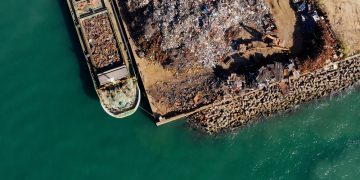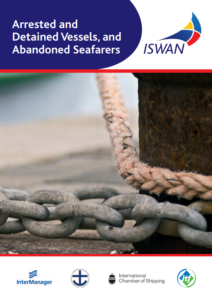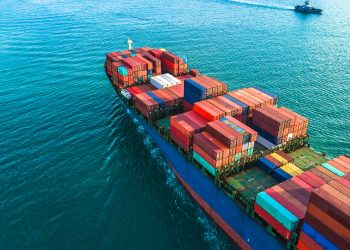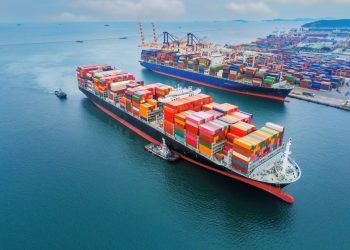ISWAN, in partnership with InterManager, ICS, ICMA and ITF, issued a new booklet, entitled ‘Arrested and Detained Vessels, and Abandoned Seafarers’, providing guidance to welfare organisations dealing with incidents of seafarers being abandoned and vessels being arrested or detained.
The new guidance outlines the responsibilities of the authorities and other organisations that might become involved when problems are identified aboard a vessel whilst in port.
The booklet builds on information contained in guidance originally produced by the UK Merchant Navy Welfare Board, and is designed to be adapted by other national welfare boards to suit their particular circumstances.
In cases of abandonment it is often difficult for affected parties to know what needs to be done, who needs to be contacted and how progress can quickly be made to get seafarers returned home in a short time. It is hoped that if parties involved in supporting affected seafarers follow the advice contained in this document, cases will be able to be resolved much quicker to the benefit of both the affected seafarers and their families,
…said Natalie Shaw, Director Employment Affairs at ICS.
What to do in cases of abandonment
The report offers a number of recommendations for organisations to deal with crew abandonment cases:
1. Be alert to early potential signs of abandonment and take action as appropriate.
- Supplies of food, water and fuel are low and the crew don’t know when more supplies will arrive
- Crew members are working with expired contracts/employment agreements
- Crew members have not been paid
- The shipowner has not paid for supplies or other services
2. If the seafarer is abandoned, the local port State control authority, the flag State and the embassy of the country of nationality should be made aware of the situation. In addition, it is worth making contact with the local ITF Inspector or trade union representatives and welfare providers.
3. If the seafarer wants to return home, has not been paid wages or needs food, accommodation, drinking water etc., they should seek to activate the financial security system by contacting the financial security provider identified on the certificate or document posted on the vessel. A representative of the seafarer can make contact with the financial security provider on the seafarer’s behalf.
4. If the vessel is not covered by MLC, seafarers should seek immediate assistance from a Port State Control Officer, an ITF Inspector, local trade union representative, or welfare agency or by contacting ICS.
5. Report the abandonment to the Joint IMO/ILO Database on reported incidents of abandonment of seafarers. The ICS and ITF can assist with the reporting process.
6. If the shipowner or their insurer will not act, this should be brought to the attention of the flag State in the first instance.
7. If urgent assistance is required, and there is no other help available, contact an appropriate welfare organisation or the ITF, to see if an application can be made for urgent assistance from the Seafarers Emergency Fund.
8. Contact SeafarerHelp at www.seafarerhelp.org
No seafarer should have to go through the experience of abandonment. Unfortunately, the rate of abandonments around the world remains high and difficulties in resolving these cases persist. Given the hardship faced by abandoned seafarers, it is crucial that assistance is provided as quickly as possible. We hope that this guidance will help concerned parties in providing this assistance as we work towards eliminating the scourge of abandonment,
…noted Dave Heindel, Chair of the ITF Seafarers’ Section.
Find out more herebelow:

































































